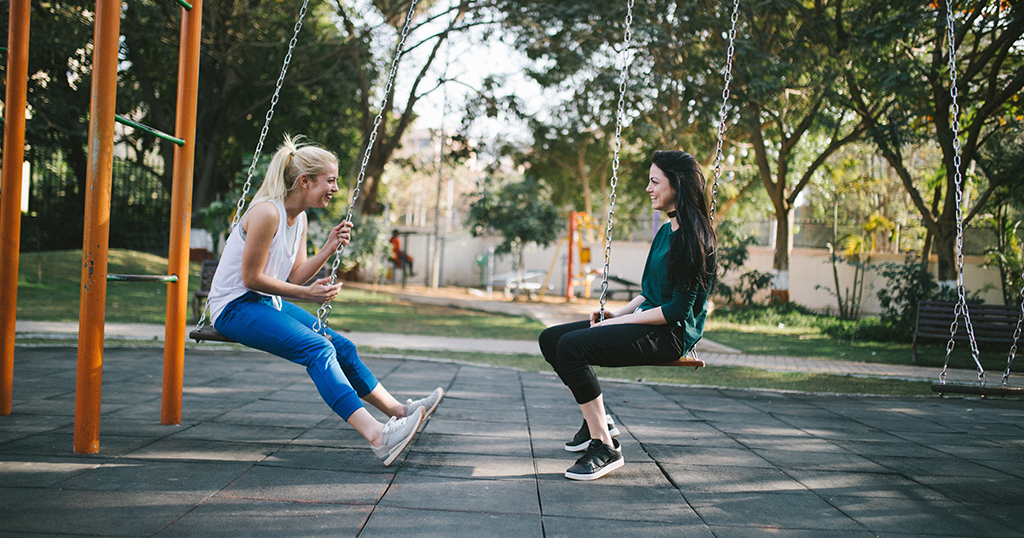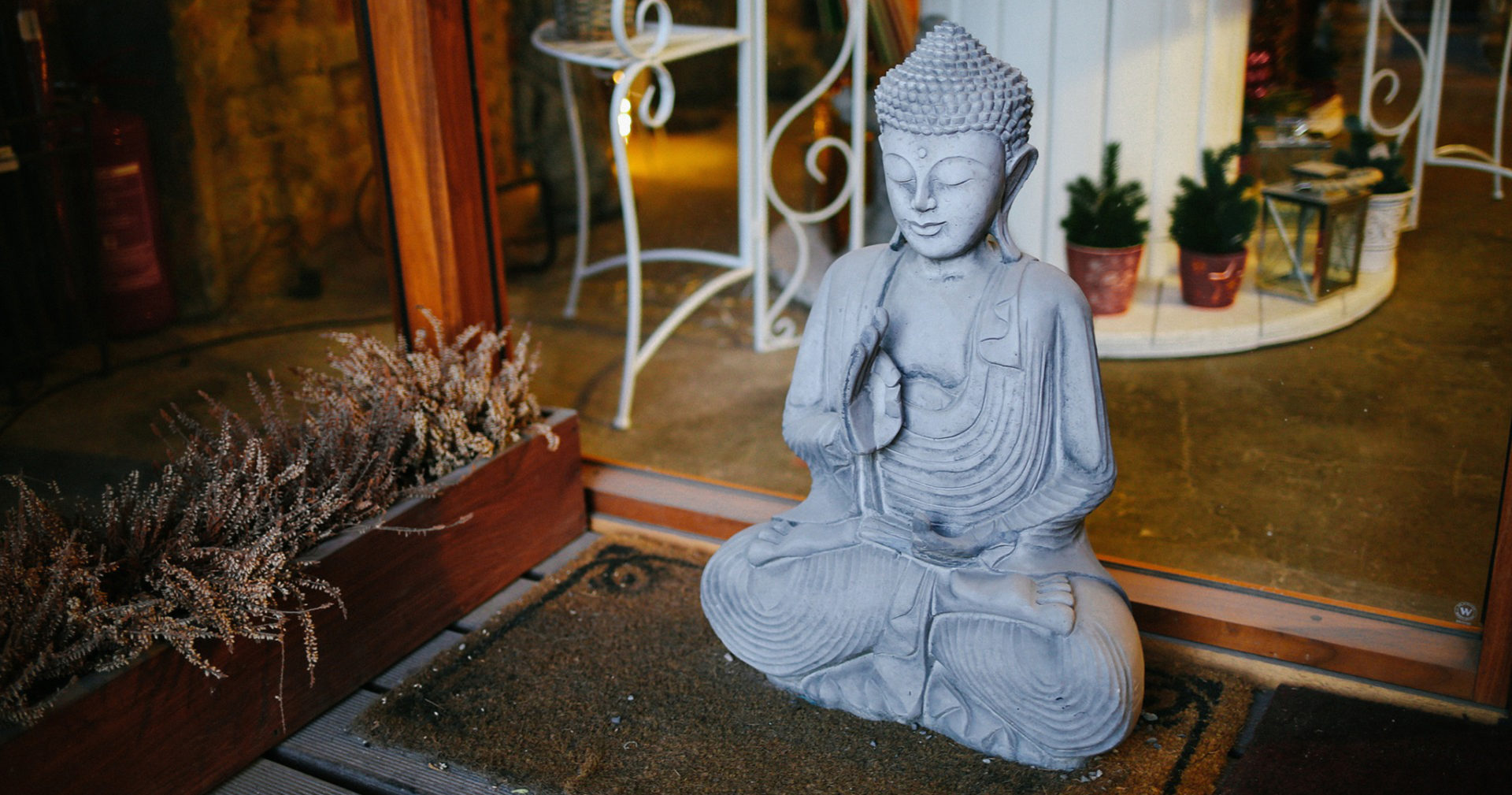Do you ever find yourself misunderstanding what someone you know well is saying to you? Do you subsequently find yourself questioning your responses to them?
Most people hear others speaking to them, but too often our interactions are not focused and while we may listen to people speak, we aren’t truly hearing what they are trying to say.
Learning how to listen is a skill that helps us to clear our mind of thoughts and behaviors that may interrupt our ability to hear what the other person is trying to say, rather than what we think they are saying.
Learning how to listen to people around us is also a journey of self-discovery. Instead of responding to people’s comments and thoughts as a reaction, we take the time to understand what they are saying and in thinking about how their words are impacting us, we are identifying the natural way we react to people’s words and think about how we would prefer to react to them.
We can then develop and practice self-control techniques, to assist us in responding more appropriately to what people say to us.
You may have heard active listening referred to as reflective listening. It involves listening to others around us talk to us and taking time out to ensure we understand their words and the meanings behind those words.
We can ask questions like “so you mean this?” to reflect back to the person what we think they said. We use words like “I feel angry when you say that” rather than lashing out in anger and using a “you” phrase like “you always do this.”
You might also consider asking further questions if you maybe think you have misunderstood someone. The sooner you can find clarification, the better!
When our focus is not on the words spoken, we spend time (over)thinking about the person speaking and what they meant by their words.
If we reverse this, as in eliminate any consideration of the speaker or their motivation, and rather listen only to the words spoken, it will help us better able to fully hear what is being said. This way of listening can take some getting used to, but once we learn the skill, we change the way we relate to people and interact with them, and learn about ourselves in the process.
If you sometimes feel misunderstood when you are talking to people, you probably have an understanding of the importance of really being heard and not just listened to.
As we begin to practice active listening, you will soon learn the phrases and body languages that you personally find difficult to deal with. You will develop important techniques and qualities that enable you to remain in control of your thoughts and emotions when having discussions with others.
You will also be able to better express yourself so that others can understand you better as well. A real win-win situation!
Listen and you will be rewarded!





